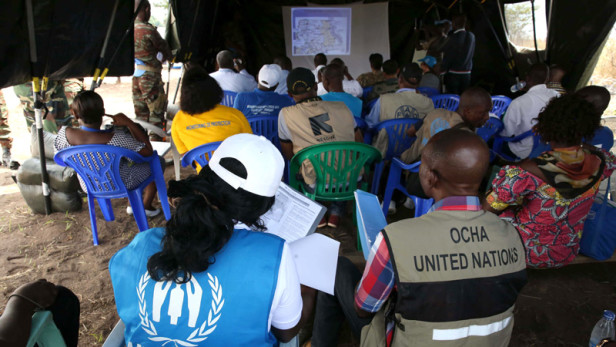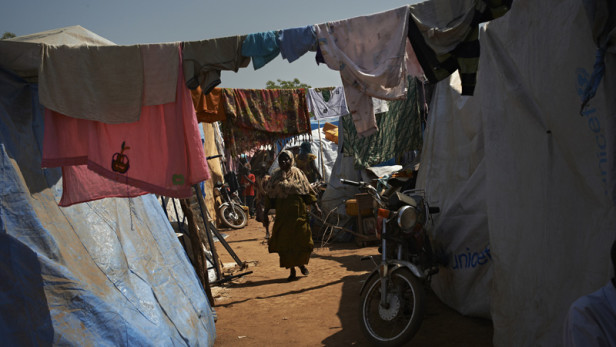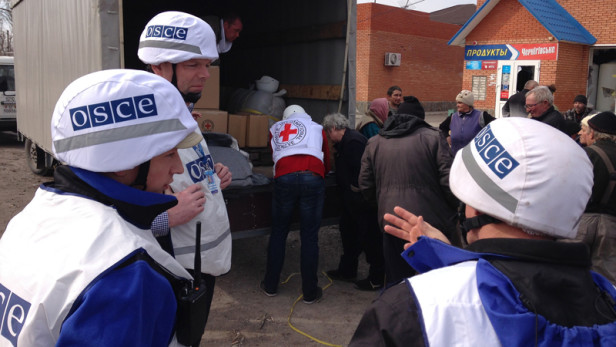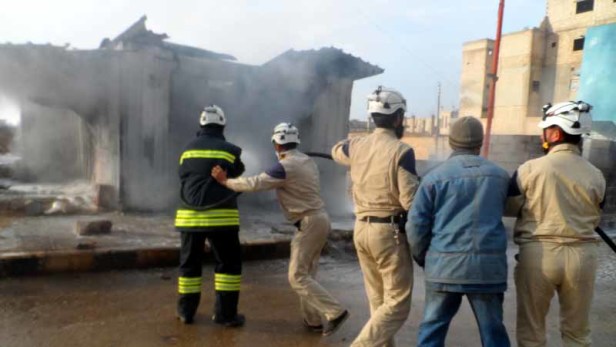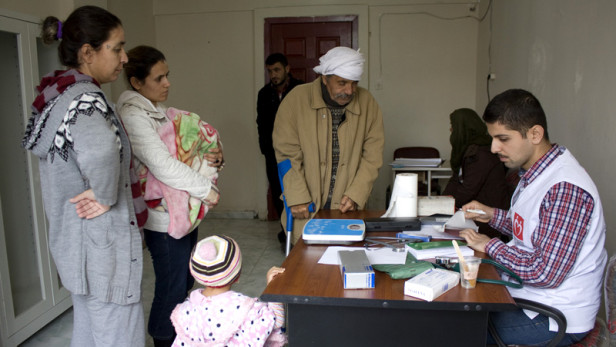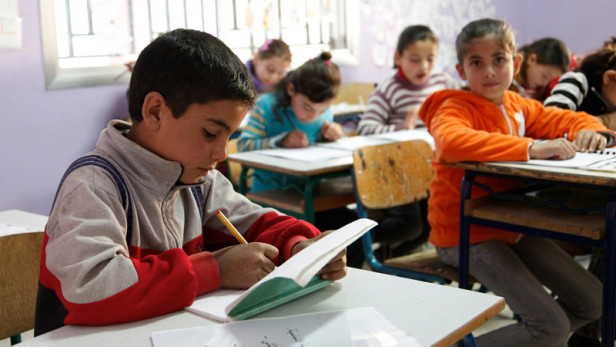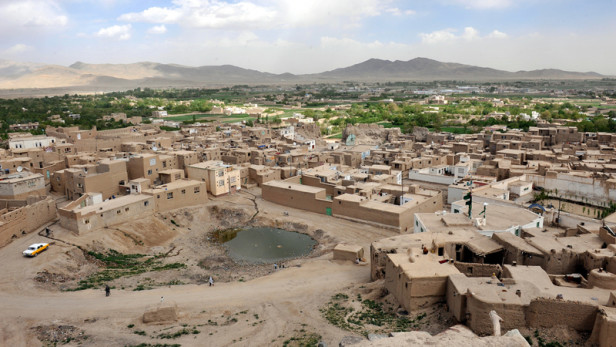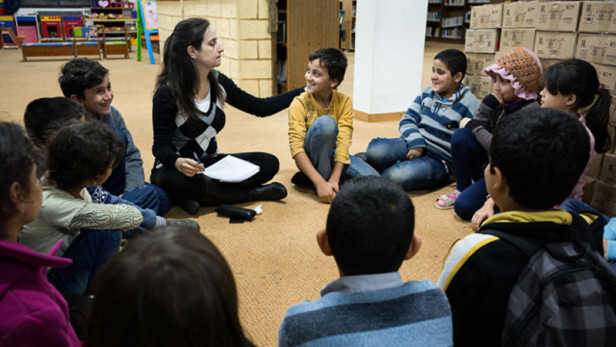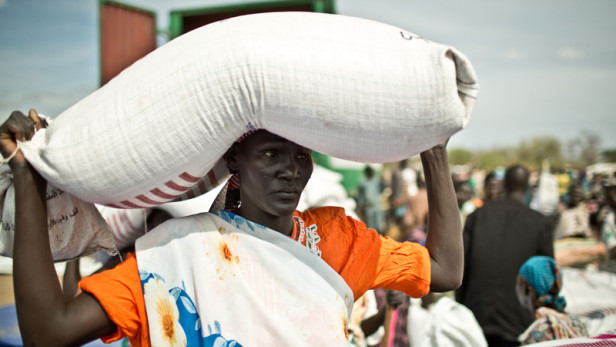Chemonics' Dzenita Kolja never thought she would be working on USAID-funded projects only a few years after surviving the war in her native Bosnia-Herzegovina. Kolja discusses reconciling and moving forward after war, and why development is crucial.
The Challenge
Responding to conflict is among the most complex and critical work facing development practitioners. Learn more about some of the biggest challenges in humanitarian relief.
In the chaos of crisis, is conflict sensitivity lost?
Sometimes in sudden and devastating crises, the most fundamental elements of a response can be overlooked. Is the development community prioritizing a conflict-sensitive approach?
Sign up
Subscribe to the daily Devex newsletter, bringing you all the latest global development news, insights and advice.
Addressing conflict early in a complex crisis
Implementing conflict management and peace-building interventions early in a crisis, and even as violence continues in countries, can stabilize fragile environments quicker. Mercy Corps' Leslie Wingender profiles one program's impact on conflict in the Central African Republic.
The crisis of crisis management
A crisis is not an isolated decision but more like a point on a line defined by earlier decisions. Ambassador Fletcher Burton, former head of the Bosnia-Herzegovina mission of the Organization for Security and Cooperation in Europe, offers eight principles to confront crises.
A closer look: Delivering critical supplies to Syrians
Sometimes in sudden and devastating crises, the most fundamental elements of a response can be overlooked. Is the development community prioritizing a conflict-sensitive approach?
After the Islamic State group's Sinjar attack, local groups step up to the plate
For the Yazidis who have escaped the strongholds of the Islamic State group, the ordeal is far from over. We talk to the groups that have emerged in the aftermath of the Islamic State group's attack on the Yazidis' homeland to learn more about how they're responding to survivors' needs.
How to maintain mental health in conflict zones
How can development organizations ensure that staff in conflict settings receive the proper support to maintain their mental health? Officials from Chemonics and the International Organization for Migration weigh in.
The Syrian conflict's effect on children
Devex spoke with Carolyn Miles, president and CEO of Save the Children, about her organization's work in Syria and how conflicts and their causes can be more effectively addressed in the future.
Afghanistan reconstruction: A strategic balancing act
A disputed presidential election, as well as the withdrawal of most NATO and U.S. troops, has introduced new tensions in Afghanistan. Devex looks at how these are expected to affect the country's reconstruction efforts.
Why development agencies are also concerned
Meeting the multiple challenges of crises is not easy for development donors that, by definition, finance projects over the long term. It is however, and increasingly so, a requirement of their mandate. AFD's Olivier Ray and Pierre Salignon explain what development agencies can do in this guest op-ed.
4 ways to integrate humanitarian and development aid in conflict areas
Protracted crises have been found to hamper progress in many countries that remain deep in conflict. One way to help them meet their development goals is to integrate humanitarian and development assistance. But how can these actors come together to make sure this integrated response will work?
Confronting violence in urban settings
Enrique Betancourt, director of the Violence and Crime Prevention Initiative at Chemonics and former Mexican government official speaks with Devex about how to end and prevent violence in urban contexts.
Cover photo credit: Chemonics

